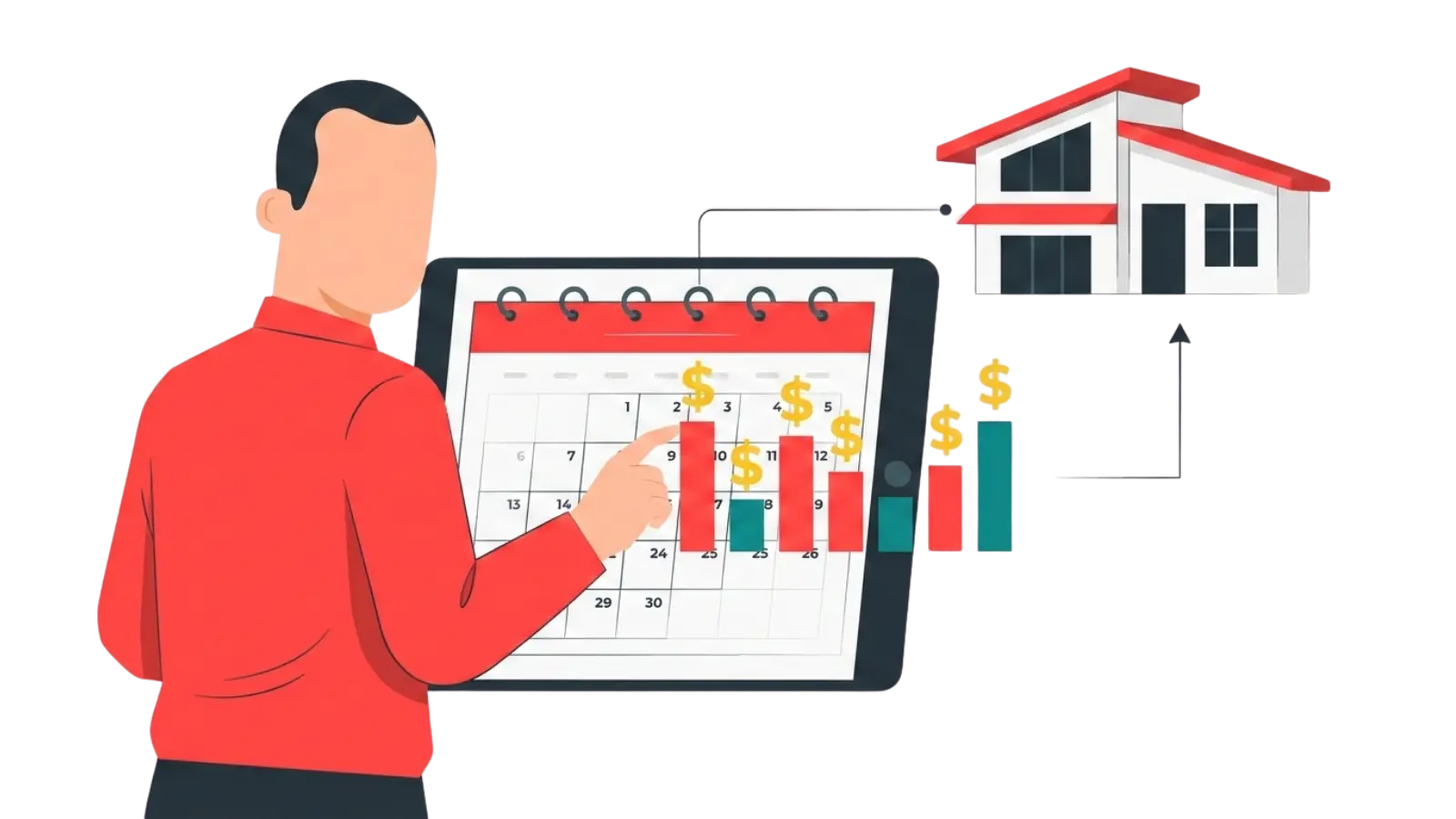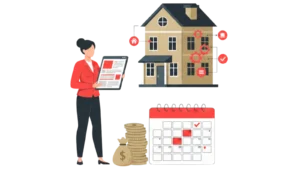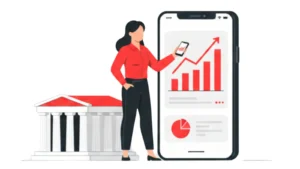Table of Contents
Updated : Jul 3, 2025
If you’ve ever listed a property on Vrbo or are considering doing so, you’ve probably asked yourself: How exactly do I get paid, and what are the Vrbo fees for owners? That’s a fair question. Hosting can be a great source of income, but understanding the financial aspects, including the costs you’ll pay and how payments work, is essential to running a successful vacation rental.
This article provides a comprehensive overview of Vrbo fees for owners and outlines the various payment options available to hosts through Vrbo. We’ll also take a peek at how renter payments work, how to set up your payout method, and what to do if something goes wrong.
Vrbo Host Fees Structure
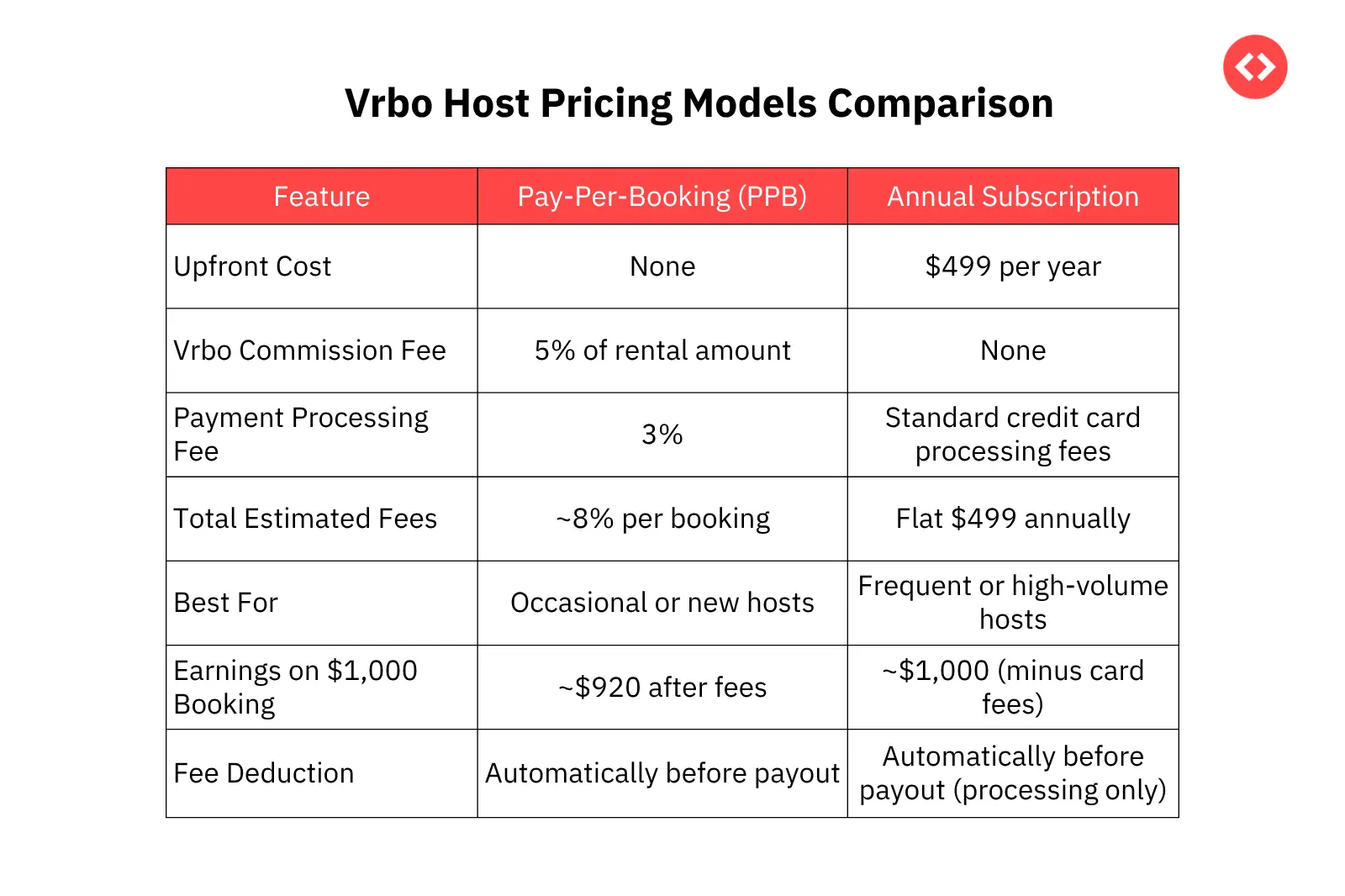
Vrbo offers two primary pricing models for hosts: a Pay-Per-Booking (PPB) model and an Annual Subscription model. Each has its pros and cons, and the best choice really depends on how often you rent out your property and what your income goals are.
Pay-Per-Booking Model
This is Vrbo’s default and most popular option for casual hosts. You only pay when you get a booking; there are no upfront costs.
- Vrbo charges a 5% commission fee on the rental amount (including cleaning fee and any extra guest fees you charge).
- Additionally, a 3% payment processing fee applies.
- That brings the total fees to about 8% of each booking.
So if a guest books your lake house for $1,000, expect around $80 to go to Vrbo.
The PPB model is perfect if you only rent occasionally, or if you’re just getting started and want to test the waters without committing to an annual fee.
Annual Subscription Model
If you’re renting out a vacation property year-round, Vrbo’s subscription plan might save you money in the long run.
- You pay a flat annual fee of around $499.
- After that, you keep 100% of the booking amount (minus standard credit card processing fees).
- This model works best for high-volume hosts or owners with a dedicated vacation rental business.
Let’s say you rent out your property 25 times a year with an average booking of $1,000. With the PPB model, you’d pay roughly $2,000 in fees. With the subscription, you’d only pay $499. That’s a big difference.
When Are Vrbo Host Fees Deducted?
Regardless of the model you choose, Vrbo deducts its fees automatically before the payout is sent to you. That means you won’t have to pay anything; your net earnings (after Vrbo’s cut) will be deposited into your account.
This setup helps keep things simple, but it also means that it’s essential to factor in fees when calculating your nightly rate. You don’t want to be underpricing yourself without realizing how much is being skimmed off the top.
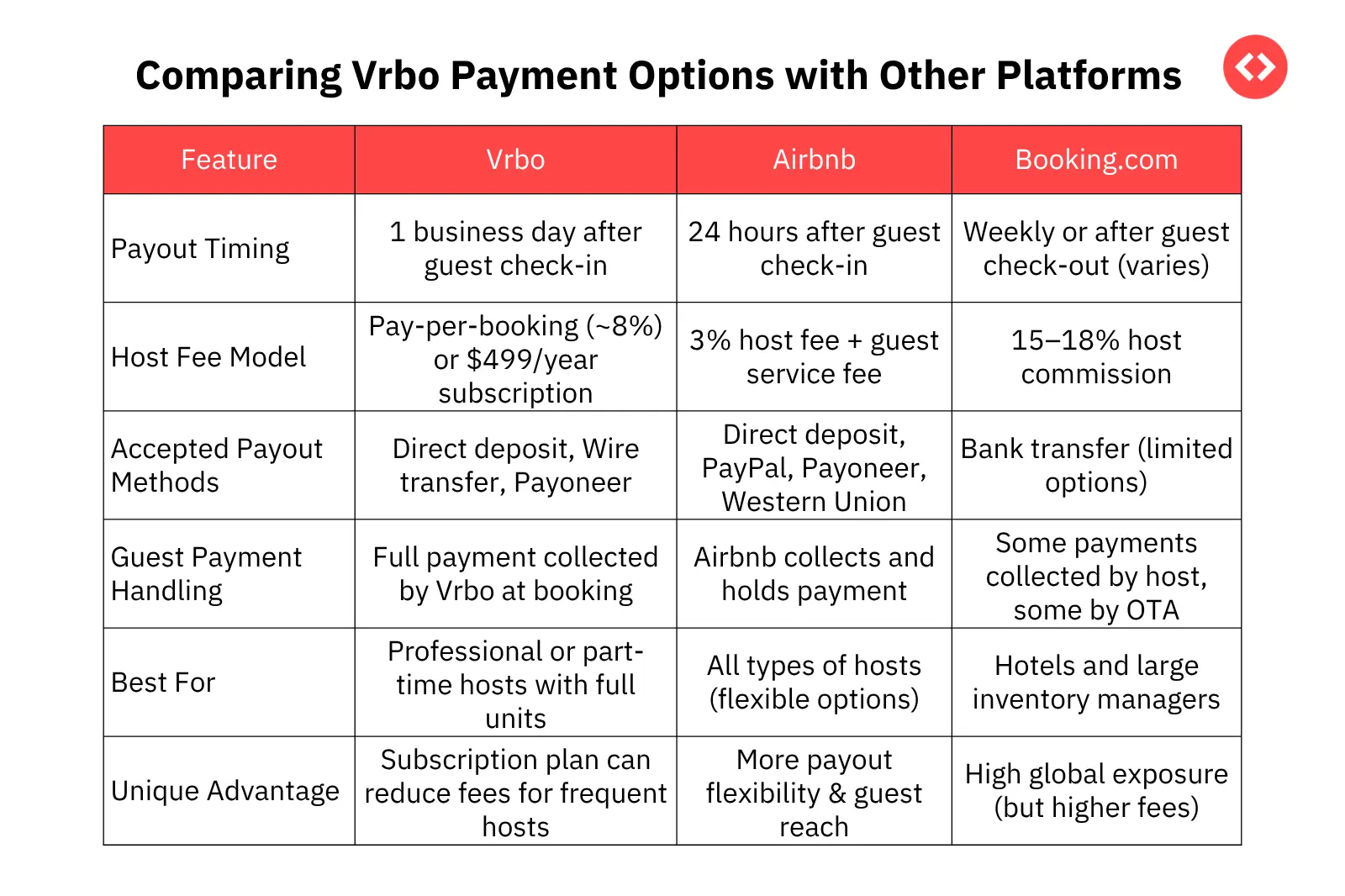
Vrbo Payment Options for Hosts
Once a guest books your property and checks in, the next big question is: When do I get paid, and how? The process is primarily automated, but there are a few key points to consider upfront to ensure everything proceeds smoothly.
How Vrbo Pays Hosts:
Vrbo acts as the middleman for all transactions. When a guest books and pays for a stay, Vrbo holds that payment in escrow. As the host, you will be paid one business day after the guest checks in, provided your payout method is set up correctly.
Here’s how the flow typically looks:
- Guest completes booking and payment via Vrbo.
- Vrbo processes the payment and deducts platform fees.
- One business day after check-in, the payout is released to your account.
This delay gives Vrbo time to confirm that the guest has arrived and that the reservation is proceeding without issues, essentially serving as a buffer to avoid fraud or booking problems.
Available Payment Methods
The Vrbo payment options for owners vary by country, but here are the most common:
- Direct Deposit (ACH Transfer):
This is the default method for most hosts in the U.S., Canada, and parts of Europe. It’s fast, secure, and free. You simply link your bank account, and Vrbo deposits your earnings directly into it. - International Wire Transfer:
For hosts operating in countries where ACH isn’t supported, Vrbo offers payouts via wire transfers. While reliable, this method can sometimes involve bank fees or take a few extra days, depending on the country. - Payoneer:
In some international markets, Vrbo partners with Payoneer to streamline cross-border payments. Payoneer functions like a virtual bank, allowing you to transfer funds to your local currency or hold balances in multiple currencies.
🔍 Note: Vrbo doesn’t currently support PayPal or checks as payout methods for hosts.
Payout Timeline: What to Expect
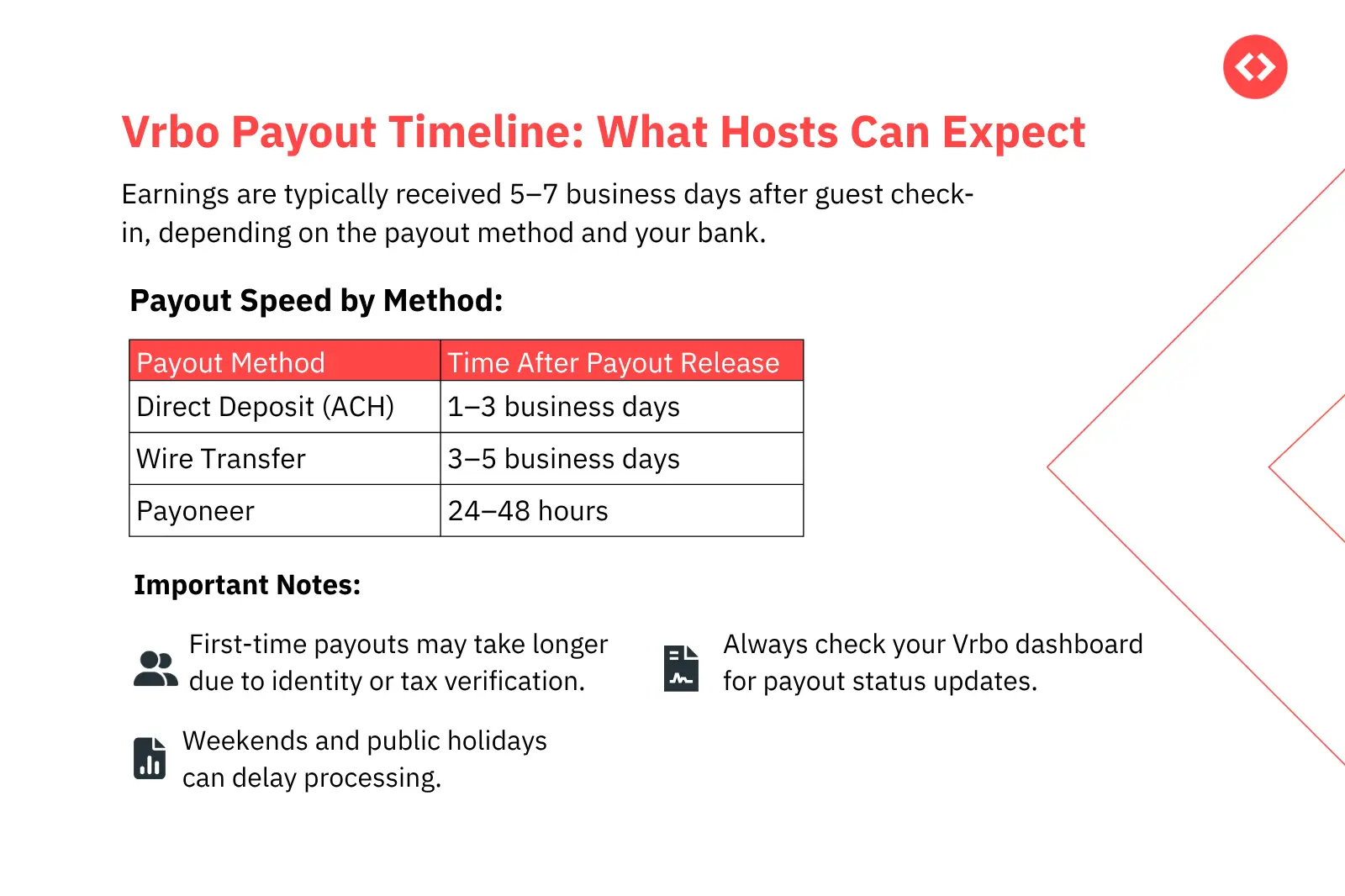
How Vrbo Handles Renter Payments
Understanding how Vrbo processes guest payments is just as important as knowing how you get paid. After all, your payout depends on Vrbo collecting that money securely and smoothly from your guest.
When guests book your property, Vrbo acts as the intermediary, collecting the full payment upfront. This not only makes transactions seamless but also adds a layer of protection for both parties.
What Guests See at Checkout
From a guest’s perspective, Vrbo keeps things simple and professional. At checkout, they’re shown a full cost breakdown that includes:
- Nightly rate
- Cleaning fees (if you charge one)
- Service fee (charged by Vrbo to the guest)
- Taxes (based on local regulations)
- Refundable damage deposit (if applicable)
This clear breakdown helps reduce misunderstandings or disputes later. As a host, it’s essential to remember that you don’t collect money directly from the guest. Vrbo handles that part entirely.
Accepted Payment Methods for Renters
Vrbo offers a wide range of payment options for renters, although availability may vary slightly by country or region.
Here are the most common forms of payment Vrbo accepts from guests:
- Major credit cards (Visa, Mastercard, American Express, Discover)
- Debit cards
- PayPal (available in select regions)
- Apple Pay and Google Pay (mobile only, region-dependent)
For hosts, this is great news. Vrbo’s wide range of payment options makes it easy for travelers from all over the world to book your property using a method they trust. That can translate into more bookings and fewer abandoned checkouts.
Security and Payment Protection
Vrbo’s payment system is designed to protect both renters and owners. When a guest completes payment, the money is held in escrow until check-in.
That way:
- The guest is assured their funds won’t be released until they’ve arrived and confirmed the reservation is going as planned.
- The host is protected from no-shows or fraudulent transactions.
It’s also worth noting that Vrbo offers Book with Confidence protection for guests, which adds another layer of trust to the platform. From a host’s perspective, that trust can lead to more bookings, especially from first-time Vrbo users.
Setting Up and Managing Payments as a Host
If you miss a step, your payout could be delayed, especially for new hosts.
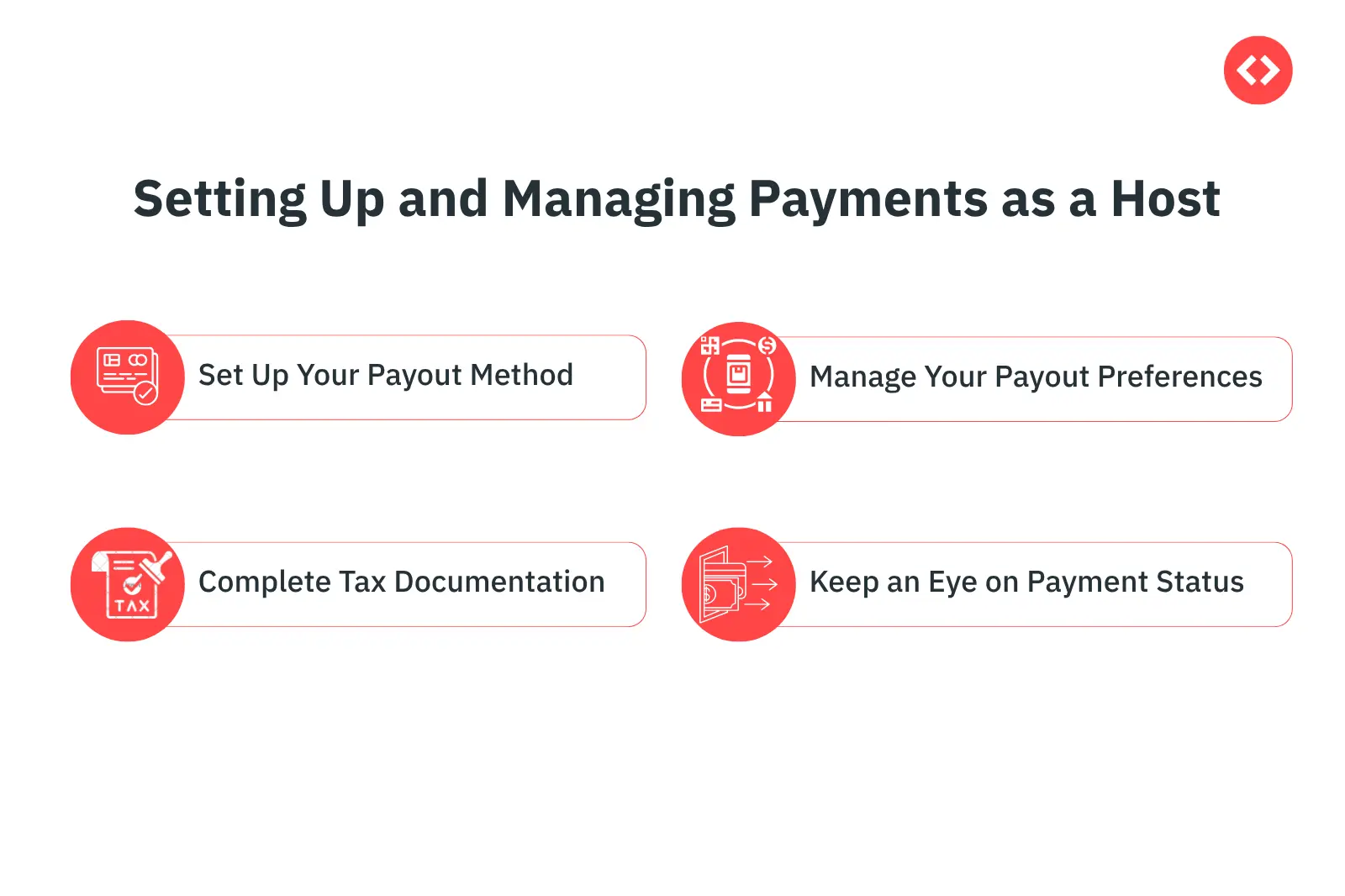
Step 1: Set Up Your Payout Method
To get started, log in to your Vrbo Owner Dashboard and head over to the “Payments” section.
From there:
- Click on “Payment Settings.”
- Choose your preferred payout method (Direct Deposit, Wire Transfer, or Payoneer, depending on your country)
- Enter your bank account details, including the correct currency and country.
- Double-check everything to avoid errors, especially the account number and SWIFT/BIC code for international wires.
Vrbo uses a third-party processor to verify your bank information. This may take a day or two, especially if you’re outside the U.S., so it’s best to complete this setup well in advance of your first booking.
Step 2: Complete Tax Documentation
Before Vrbo can release your first payout, they’re required to collect certain tax documents. These vary depending on where you live and your citizenship or business type:
- U.S.-based hosts: You’ll need to fill out a W-9 form. This allows Vrbo to report your earnings to the IRS.
- Non-U.S. hosts: You may be asked to complete a W-8BEN or W-8BEN-E form, which helps determine your withholding tax obligations under U.S. tax treaties.
These forms can be completed digitally in the dashboard. Failing to submit the correct tax form could result in a 30% withholding on your payouts, so don’t skip this step.
Step 3: Manage Your Payout Preferences
Once your payment profile is set up, you can:
- View and track payouts from your dashboard
- Change or update your payout method if needed
- Set up multiple payout methods (e.g., if you’re managing multiple properties or receiving payments to different accounts)
If you’re part of a property management team or co-hosting with someone else, note that only the account owner can set the payment method. Funds cannot be split across accounts or sent to multiple payees for a single listing.
Step 4: Keep an Eye on Payment Status
Vrbo provides a transparent record of your payment activity, including:
- Scheduled payouts
- Completed payments
- Pending amounts (e.g., bookings that haven’t yet checked in)
You’ll find all of this in the “Reservation Manager” > “Payments” tab. It’s a good habit to check this area regularly, especially if you manage multiple bookings or work across several currencies.
Tips to Maximize Earnings as a Vrbo Host
Once your payment settings are in place, the next step is making sure you’re earning as much as possible from every booking. From choosing the right fee model to optimizing your pricing strategy, here’s how to keep more of what you earn on Vrbo.
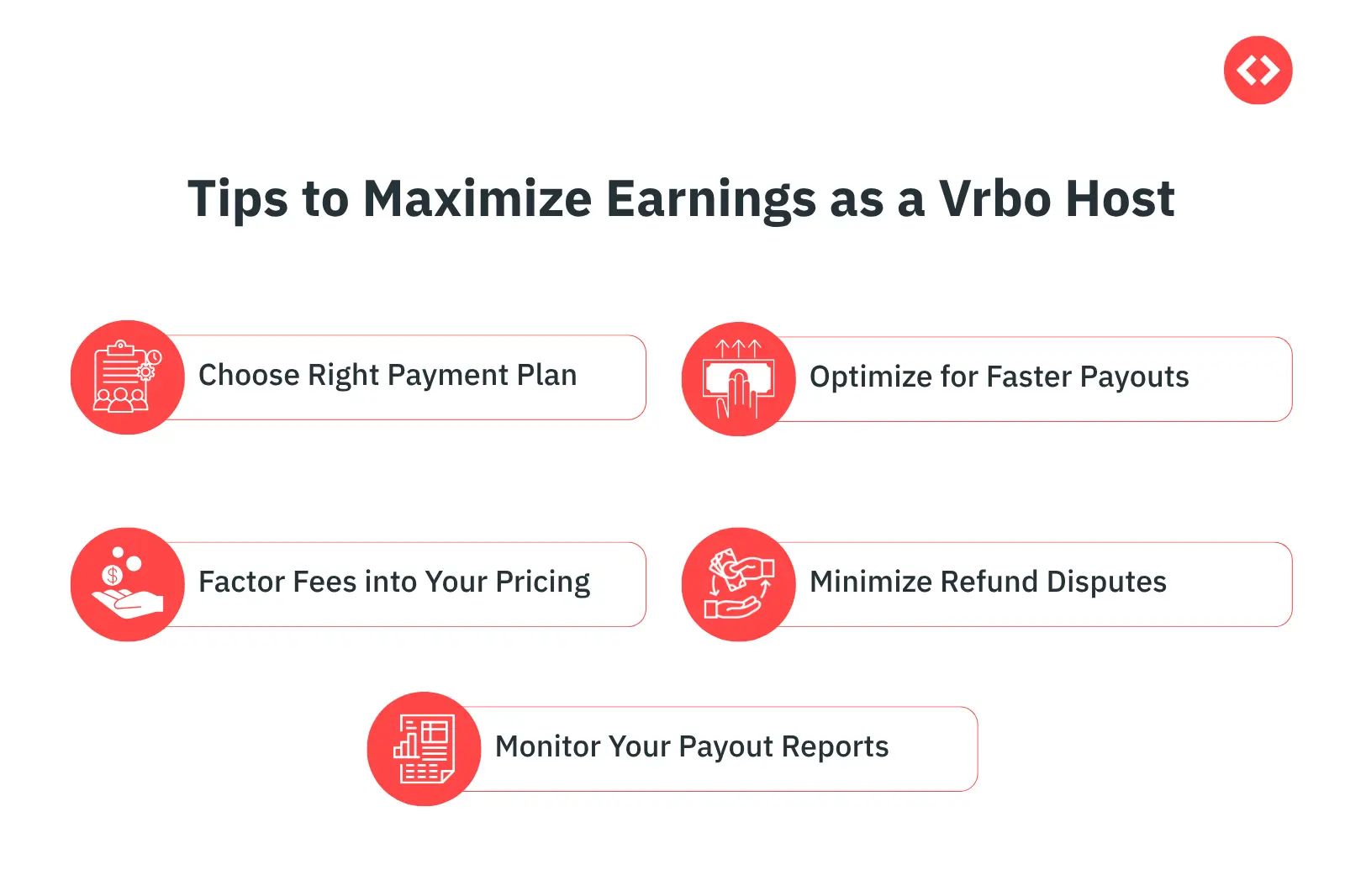
1. Choose the Right Payment Plan for Your Hosting Style
- If you only rent out your property a few times a year, consider using a pay-per-booking model. You’ll avoid the $499 subscription fee and only pay around 8% on actual bookings.
- If you’re a frequent host or manage multiple properties, do the math: once your annual Vrbo fees exceed $500, the subscription plan may be more cost-effective.
Quick tip: Review your bookings over the past 6–12 months and calculate your total fees. If you’ve paid more than $499, switching plans could immediately boost your profits.
2. Factor Vrbo Host Fees into Your Pricing
Don’t let fees eat into your margins. Make sure your nightly rate covers:
- Vrbo’s commission and payment processing fees
- Cleaning fees (if any)
- Utilities, supplies, and other hosting costs
Utilize a Dynamic Pricing tool, such as PriceLabs, to automatically adjust rates based on seasonality, demand, and your Vrbo host fees structure.
Maximize the Earning Potential of Your Property
Increase revenue and occupancy with PriceLabs' Dynamic Pricing and revenue management tool. Maximize your revenue with intelligent price recommendations using Hyper Local Pulse (HLP) algorithm
Get Started Now3. Optimize for Faster Payouts
- Set up your payment profile early, especially if you’re a new host.
- Use direct deposit or Payoneer for faster processing and fewer currency conversion issues.
- Always double-check your tax documents and banking info to prevent payout delays.
4. Minimize Refund Disputes
- Be crystal clear in your listing description, house rules, and photos.
- Use a cancellation policy that aligns with your risk tolerance.
- Communicate proactively with guests to avoid misunderstandings that could impact your payout.
5. Monitor Your Payout Reports
Log into your Vrbo Owner Dashboard regularly to:
- Track upcoming and completed payouts
- Spot any unusual delays
- Make adjustments if you’re managing multiple listings or accounts
Even if Vrbo automates the process, staying hands-on with your earnings helps you make smarter business decisions.
Wrapping Up
Understanding Vrbo’s payment process and Vrbo host fees structure is key to running a profitable rental. Whether you choose pay-per-booking or a subscription, knowing how and when you get paid and how much Vrbo keeps helps you price smarter and plan more effectively. Set up your payment details early, factor in fees, and stay on top of your payout dashboard to keep your earnings on track.


